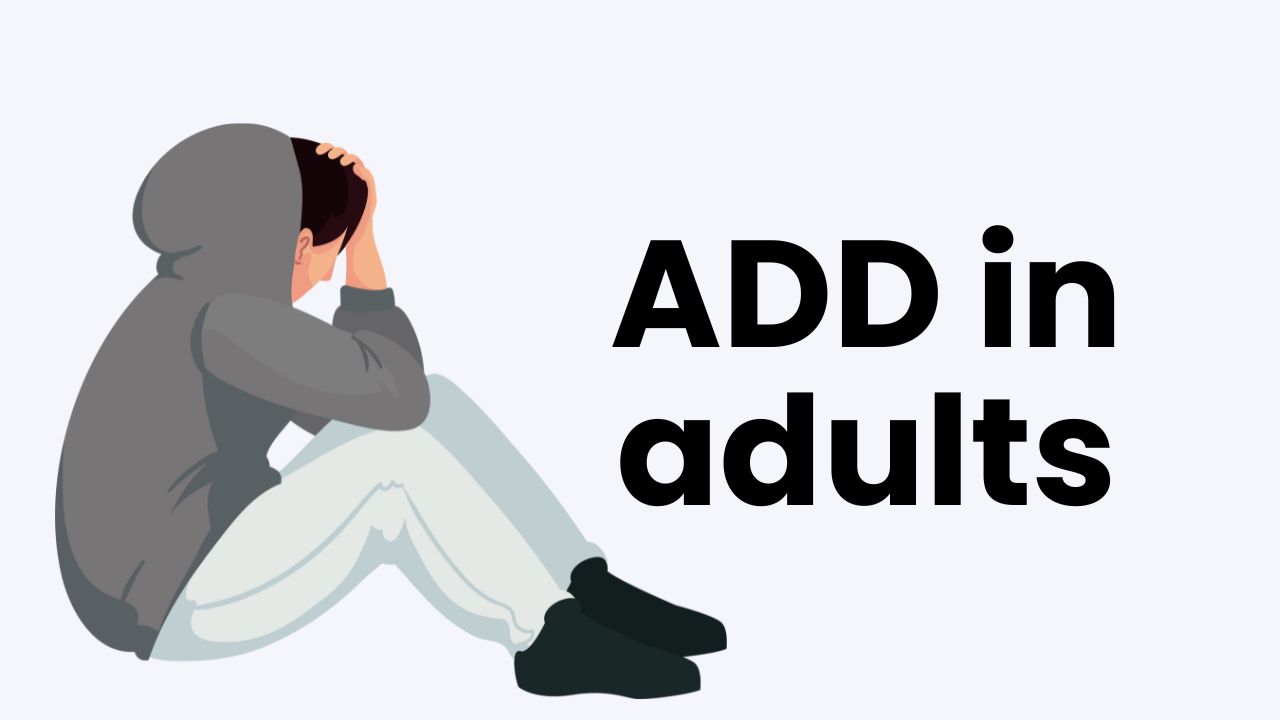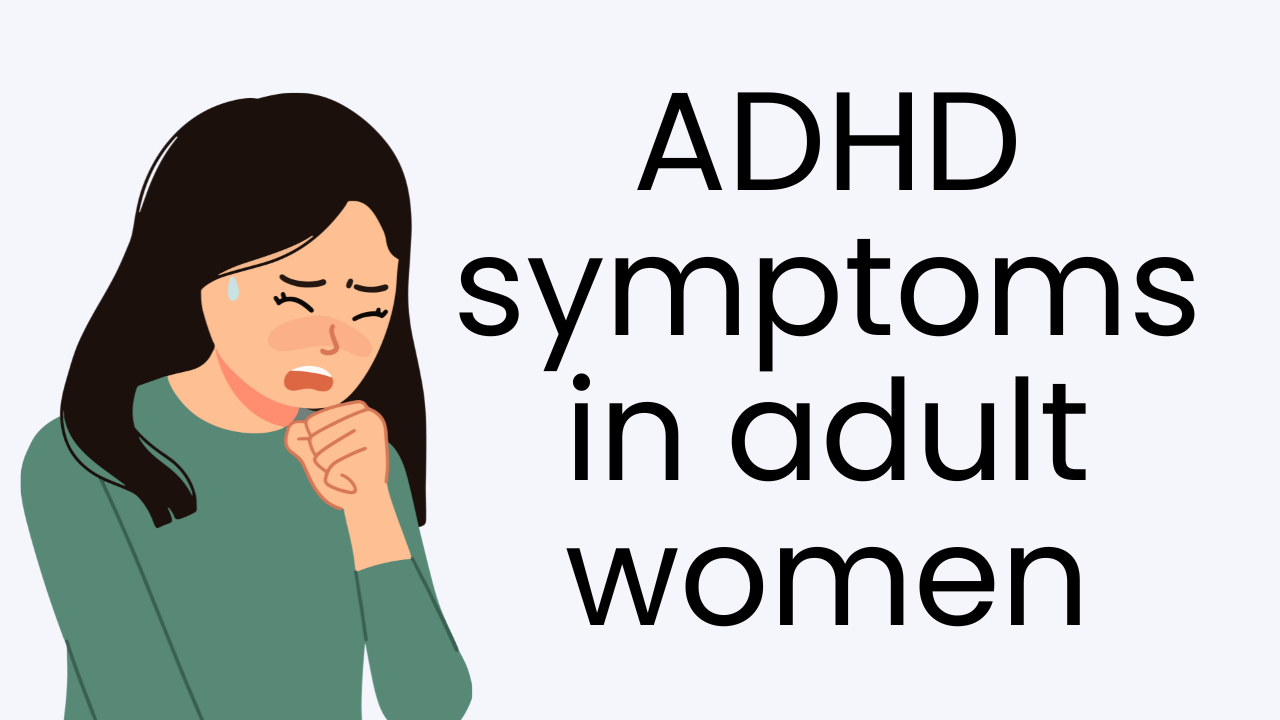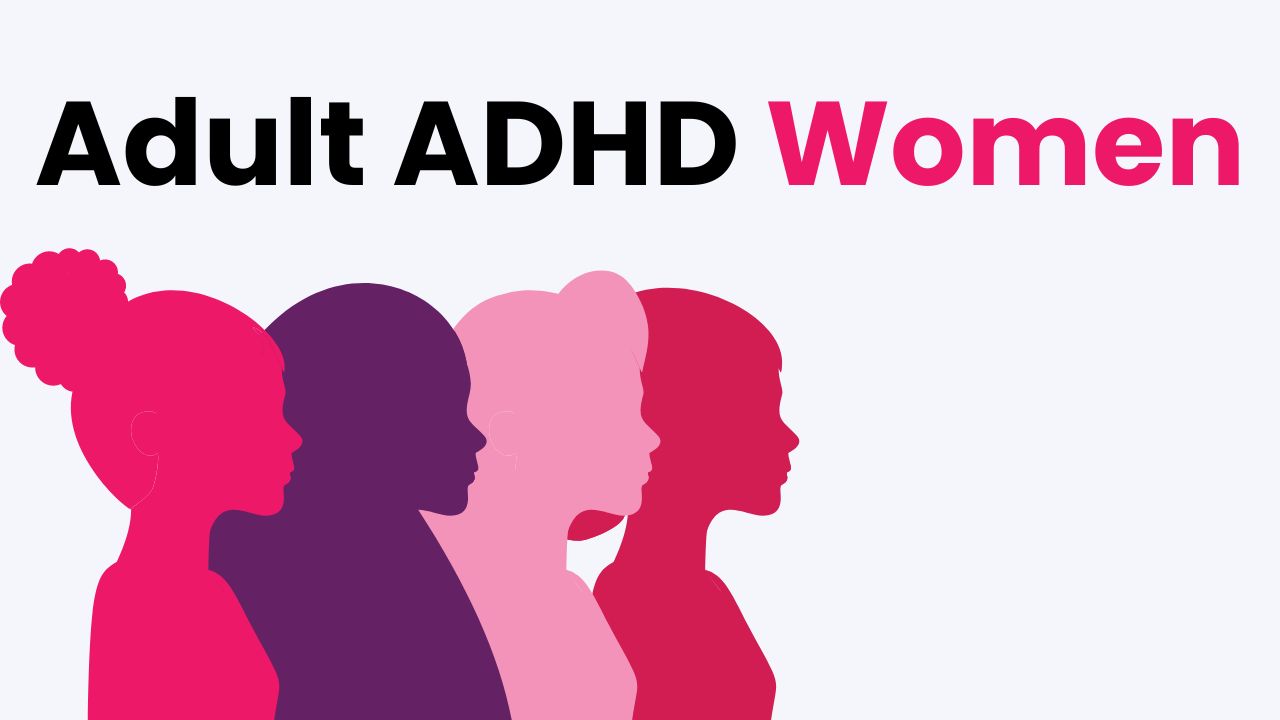Supplements For Anxiety

As we delve into natural remedies for anxiety, it's crucial to consider the holistic approach that complements traditional therapies. This quest for peace of mind is a personal journey, one that many of us are intimately familiar with. With factual data suggesting an uptick in anxiety globally, exploring safe, natural supplements as part of our anxiety management toolkit has never been more relevant. Join me as we uncover the top natural supplements that can nurture calm and balance in our lives.
Understanding Anxiety and Natural Interventions
Anxiety, a common ailment in today's fast-paced society, can often feel like a relentless battle for tranquility. Factual data indicates an escalation of this condition worldwide, triggering a pursuit for natural interventions. Embracing a holistic perspective, I recognize the importance of aligning with natural supplements as a means of fostering inner harmony. These interventions serve as a complement to traditional treatments, offering a gentler path toward managing the complexities of anxiety.
Overview of Supplements for Anxiety
As we delve deeper into the intricacies of natural anxiety relief, it's essential to acknowledge the plethora of supplements at our disposal. Each one brings a unique set of benefits, aiming to restore balance and tranquility to our overactive nervous systems.
Their efficacy is supported by both anecdotal experiences and factual data, providing a beacon of hope for those seeking solace from the grip of anxiety. The journey to uncover the best-suited supplement for your individual needs is a personal endeavor, and as we progress through this comprehensive guide, a clearer path toward natural harmony will emerge.
Ashwagandha: The Ancient Herb

Harnessing centuries of traditional use, Ashwagandha stands as a testament to nature's power in alleviating stress and anxiety. This remarkable herb, rooted in Ayurvedic medicine, has been shown by factual data to lower cortisol levels, consequently promoting a sense of well-being. I am captivated by its adaptogenic qualities, offering a natural, holistic approach to rebalancing an overburdened nervous system.
Embracing Ashwagandha within my daily regimen has been transformative, further fueling my dedication to exploring the synergy between ancient wisdom and modern wellness.
Ashwagandha Benefits for Anxiety
Embracing Ashwagandha for stress relief has been nothing short of a revelation in my journey toward holistic health. Factual data supports its efficacy in reducing anxiety by normalizing cortisol levels, the stress hormone. This adaptogenic marvel not only pacifies the mind but also aids in mitigating stress-induced complications. My personal experience corroborates the research; the tranquility and mental clarity I've achieved with Ashwagandha are truly remarkable, validating its storied place in the pantheon of natural anxiolytics.
How to Use Ashwagandha Effectively
Incorporating Ashwagandha into my daily routine has been a game-changer for managing my anxiety. Factual data suggests it's best taken on an empty stomach, early in the morning or just before bed for optimal absorption. I typically opt for a dosage between 300-500 mg of a root extract, consistent with clinical studies. It's essential to consult with a healthcare provider before starting, especially when considering long-term use or if you're pregnant, breastfeeding, or taking other medications.
Magnesium: The Relaxation Mineral

As someone regularly navigating the stresses of modern life, I've found magnesium to be an invaluable ally. Dubbed the 'relaxation mineral', magnesium plays a pivotal role in calming the nervous system and mitigating the symptoms of anxiety. By implementing this mineral into my diet, I've noticed a marked improvement in my overall sense of well-being. Factual data supports its efficacy, revealing its influence on neurotransmitter functions and stress response regulation.
Embracing magnesium supplements has truly been a transformative step in my journey toward natural anxiety relief.
Magnesium's Role in Anxiety Reduction
As I delve deeper into understanding my own anxiety, I've learned that magnesium significantly impacts stress management. Factual data indicates that magnesium regulates neurotransmitters, which send signals throughout the nervous system, and moderates the hypothalamic-pituitary-adrenal (HPA) axis, central to the stress response. By maintaining adequate magnesium levels, I've experienced a noticeable tranquility, which underscores this mineral's vital role in fostering relaxation and diminishing anxious feelings. Including magnesium in my regimen has been a game-changer for my mental health.
Optimal Forms and Dosages of Magnesium
Having sifted through factual data on magnesium supplementation, I've discerned that the most bioavailable forms include magnesium glycinate, citrate, and chloride. For anxiety reduction, the recommended dosage typically ranges from 200 to 400 mg per day, which should be tailored based on individual needs and tolerances. It's crucial to consult with a healthcare professional to determine the appropriate regimen, ensuring optimal absorption and effectiveness in managing stress and fostering relaxation.
Omega-3 Fatty Acids: Brain Health Booster

I've sifted through the substantial factual data on brain health and found that Omega-3 fatty acids are key players in managing mood disorders. Incorporating these nutrients into my diet has been a game-changer for enhancing cognitive function and alleviating stress. Omega-3s, particularly EPA and DHA, foster a healthy brain environment, contributing substantially to emotional wellbeing.
For anyone seeking a natural approach to mood stabilization, these fatty acids are a cornerstone, providing a natural boost to our mental state.
The Connection Between Omega-3s and Mood
Recent factual data has reinforced my understanding of the profound impact Omega-3 fatty acids have on mood regulation. As a cornerstone of brain health, these essential fats particularly EPA and DHA are instrumental in maintaining balanced emotional states. Their role in neuroprotection and neurotransmitter functioning suggests that adopting a diet rich in Omega-3s or supplementing accordingly could be a significant step towards enhancing mood stability and coping with anxiety. For me, ensuring adequate intake of these nutrients has been pivotal in fostering a sense of mental calmness and resilience.
Incorporating Omega-3 Supplements into Your Diet
Understanding the value of Omega-3 fatty acids for emotional well-being, I make a concerted effort to include these essential nutrients in my daily regimen. EPA and DHA, the key Omega-3 components, are not abundantly found in a typical diet. Therefore, I lean towards high-quality fish oil supplements or, for a plant-based alternative, algal oils. I aim for products that bear third-party testing for purity and potency, and I consult healthcare providers for personalized dosage recommendations to bolster my mood and cognitive health.
Probiotics: Gut Health and Anxiety

Understanding the complex interplay between gut health and mental well-being, I have embraced the use of probiotics as a strategy to potentially alleviate anxiety. Mounting evidence suggests that balancing our gut flora with beneficial bacteria can improve the gut-brain axis, impacting mood and emotional health.
Personally, Lactobacillus and Bifidobacterium strains have been my go-to choice, as they are backed by factual data supporting their role in reducing stress-related symptoms. I incorporate these probiotics through supplements and fermented foods to nurture my gut ecosystem and, by extension, promote a sense of calm and resilience against stress.
Examining the Gut-Brain Axis
As an expert in the field, I've been particularly fascinated by the gut-brain axis, a complex communication system linking our enteric nervous system to our central nervous system. This bi-directional pathway allows gut bacteria to send signals to the brain, influencing our emotions and contributing to anxiety management. Factual data supports the idea that a healthy gut microbiome is key to this communication network, highlighting the importance of probiotics in fostering an environment conducive to both mental and digestive health.
Choosing the Right Probiotic Strains
Navigating the selection of probiotics can be complex, but factual data points to several strains with promising benefits for anxiety relief. Lactobacillus (L.) rhamnosus and L. helveticus, in particular, show potential in reducing stress-related symptoms. It's crucial to look for supplements with documented strain specificity and sufficient colony-forming units (CFUs) to ensure effectiveness. Personal research and consultation with healthcare providers are advisable, as individual needs may vary, leading to a more personalized approach in harnessing the gut-brain axis for emotional well-being.
L-Theanine: Tea's Calming Compound
As a devoted researcher and wellness advocate, I'm intrigued by the natural serenity afforded by L-theanine, a compound predominant in tea leaves. This remarkable amino acid fosters relaxation without sedation, refined through factual data and numerous studies illustrating its impact on stress reduction. It promotes alpha-wave activity in the brain, which correlates to a state of calm alertness. Integrating L-theanine into daily routines could be a simple yet powerful method to manage stress and cultivate a more peaceful mindset.
The Calming Effects of L-Theanine
Drawing on factual data, I've observed that L-Theanine, often lauded for its presence in tea, particularly green tea, is a powerful agent in promoting mental tranquility. It subtly modulates brain wave frequency, specifically increasing alpha waves, which are associated with a state of 'wakeful relaxation.' This is the alert yet peaceful feeling one might experience while meditating or being engrossed in a creative endeavor. It does so without inducing drowsiness, offering a rare blend of mental clarity and calm that can significantly defuse anxiety.
L-Theanine Usage and Recommendations
Guided by factual data, I recommend incorporating L-Theanine for those seeking a natural remedy to ease anxiety. You can find it in both tea form and as a concentrated supplement. The typical dosage ranges from 100 to 200 mg for a calming effect without sedation. To ensure quality and potency, select supplements that provide a pure, standardized extract. Always consult with a healthcare professional before starting any new supplement regimen to ensure its suitability for your health needs.
B-Complex Vitamins: Mood and Nerve Support

As someone who understands the intricacies of nutrition and mental well-being, I can't overstate the significance of B-complex vitamins in regulating mood and supporting nerve health. Rich in components like B6, B12, and folate, B-complex supplements have been shown by factual data to be critical in synthesizing neurotransmitters related to mood regulation, such as serotonin. I've found that ensuring adequate intake through diet or supplements can make a substantial difference in managing anxiety and promoting overall emotional balance.
The Importance of B Vitamins for Anxiety Management
In my professional experience, B-complex vitamins have been a cornerstone in managing anxiety. Factual data supports that B vitamins, particularly B6, B9 (folate), and B12, are vital for the synthesis of neurotransmitters such as serotonin and dopamine which greatly influence mood balance. An inadequacy in these nutrients can lead to heightened anxiety and stress levels. Therefore, supplementing with a high-quality B-complex can be an integral part of a holistic approach to anxiety management.
Identifying Quality B-Complex Supplements
When selecting a B-Complex supplement, I prioritize products backed by factual data regarding their purity and potency. Always look for supplements that are third-party tested to ensure they meet high-quality manufacturing standards. The bioavailability of the vitamins is crucial; hence, opt for methylated forms of B vitamins like methylcobalamin and methylfolate which are better utilized by the body. Additionally, consider choosing a formula free from artificial fillers and allergens to avoid unwanted side effects.
5-HTP: Serotonin�s Precursor
As someone navigating the complexities of anxiety, I've discovered that 5-HTP stands out profoundly. This remarkable amino acid serves as a direct precursor to serotonin, a key neurotransmitter associated with mood and emotional well-being. Incorporating 5-HTP into my regimen has been transformative, offering a natural pathway towards enhanced mood balance.
The factual data supporting its efficacy in promoting serotonin synthesis provides a credible foundation for considering 5-HTP a top supplement choice for those seeking to soothe anxiety naturally.
How 5-HTP Contributes to Anxiety Relief

Having explored various approaches to managing anxiety, the contribution of 5-HTP for anxiety relief cannot be overstated. This naturally occurring amino acid is a critical component in the serotonin production pathway. Serotonin is often dubbed the 'happy chemical,' playing a pivotal role in mood regulation. Factual data underscores the effectiveness of 5-HTP in increasing serotonin levels, thus potentially alleviating anxiety symptoms. By bridging the gap between tryptophan and serotonin, 5-HTP provides a direct boost to our neurochemical balance, fostering a sense of calm and emotional equanimity.
Safety and Synergy with Other Supplements
Safety is a paramount concern when incorporating supplements like 5-HTP into your regimen. While 5-HTP is generally considered safe, it is crucial to consult healthcare professionals before combining it with other supplements or medications. Factual data suggests that certain combinations can enhance the therapeutic effects, but awareness of possible interactions is essential to avoid adverse effects.
Therefore, creating a personalized plan in harmony with your unique health profile is recommended. Always aim for quality products to ensure purity and efficacy.
Valerian Root: Nature's Sedative

I've found that valerian root is a wonderful, natural option for people struggling with anxiety and sleep disturbances. Its sedative properties help quiet the mind and promote tranquility. What's remarkable is the factual data underscoring its effectiveness as a sleep aid which, in turn, can alleviate anxiety. When incorporating valerian root into my routine, I adhere to safe consumption guidelines, ensuring that it aligns with my overall wellness plan and doesn't interfere with other supplements or medications.
Valerian Root's Impact on Anxiety and Sleep
Valerian root has been a game changer for my patients grappling with anxiety and sleep issues. Scientific evidence backs its efficacy in gamma-aminobutyric acid (GABA) modulation, a neurotransmitter critical for managing nervous system activity. By harnessing valerian's calming effect, I've noticed significant improvements in sleep quality and anxiety levels among those I care for. Proper adherence to dosing guidelines amplifies these benefits, making valerian a potent, natural ally in their journey to better mental health.
Guidelines for Valerian Root Consumption
As a healthcare professional, I advise my patients to approach valerian root with care. Typically, an effective dose ranges from 300 to 600 milligrams, taken approximately an hour before bed for sleep disorders. For anxiety, smaller doses throughout the day could be beneficial. It's crucial to consult with a healthcare provider, especially due to its sedative effects, and to avoid using it in conjunction with alcohol or other sedatives. Always adhere to the manufacturer's guidelines to ensure safe consumption and optimal results.
Chamomile: More Than Just a Relaxing Tea

As a natural remedy enthusiast, I appreciate chamomile's versatility far beyond its renown as a soothing beverage. Scientific studies have bolstered chamomile extract's status as a potent anti-anxiety agent. Its key compound, apigenin, binds to brain receptors, diminishing stress and fostering relaxation. This gentle yet effective herb can be consumed in tea or as a concentrated supplement, offering a natural, gentle way to help manage day-to-day anxieties and improving overall calmness without the risk of dependency.
Chamomile Extract and its Anti-Anxiety Properties
Delving into chamomile's therapeutic benefits, I've been struck by its profound anti-anxiety properties. Its predominantly the flavonoid apigenin that deserves credit, renowned for its capacity to promote tranquility by interfacing with GABA receptors in the brain. Clinical trials support its efficacy for anxiety relief. Recognizing this, I recommend chamomile not only as a tea but also in extract form, which offers a more concentrated dose of its serene essence, making it a valuable part of a natural anxiety management toolbox.
Effective Ways to Use Chamomile Supplements
Incorporating chamomile supplements into my daily regimen has worked wonders for my stress levels. For optimal results, I typically suggest taking a standardized extract, ensuring a potent dose of the active components. I prefer to take the supplement at night, as it aids in both reducing anxiety and promoting restful sleep. It's vital to adhere to the dosage specified on the label and to consult with a healthcare provider, especially if you're already taking other medications.
Conclusion
In wrapping up, these ten natural supplements offer promising support for managing anxiety in a gentle and holistic manner. Remember, the road to mental well-being often intertwines lifestyle adjustments with supplemental aid. While factual data underpins the benefits of each supplement, individual experiences may vary, and it's essential to consult with healthcare professionals when considering any new regimen. By integrating these natural sources of relief, we can foster a more serene state of mind, underpinning overall health and happiness.
Summing Up the 10 Supplements
As a professional dedicated to holistic well-being, I've explored the factual data surrounding various natural supplements for anxiety relief. From the adaptogenic power of Ashwagandha to the serene calm offered by Chamomile, we've covered a broad spectrum of natural allies against stress.
Whether it's the mood-stabilizing contributions of B-Complex vitamins or the gentle sedation of Valerian Root, each supplement holds a unique place in a balanced approach to managing anxiety. Embracing these gifts of nature can pave the way to a more tranquil mind and improved mental health.
Additional Tips for Managing Anxiety Naturally
In addition to embracing the factual data supporting these 10 supplements, I encourage individuals exploring anxiety relief to integrate holistic lifestyle practices. Regular physical activity, mindfulness meditation, and a balanced diet rich in whole foods complement the benefits of natural supplements. Ensuring adequate sleep and engaging in stress-reducing activities such as yoga or tai chi can also enhance your well-being. Remember, managing anxiety is a multifaceted endeavor where these supplements are just one piece of the puzzle.
Take Charge of
Your Brain Health Today!
Shop Now!
Similar Articles:

ADD in Adults
In the realm of neurodevelopmental conditions, Attention Deficit Disorder (ADD) has long been overshadowed by...

ADHD Symptoms in Adult Women
Attention Deficit Hyperactivity Disorder (ADHD) is a neurodevelopmental condition that has long been associated...

Adult ADHD Women
Attention Deficit Hyperactivity Disorder (ADHD) is a neurodevelopmental condition that has long been misunderstood...